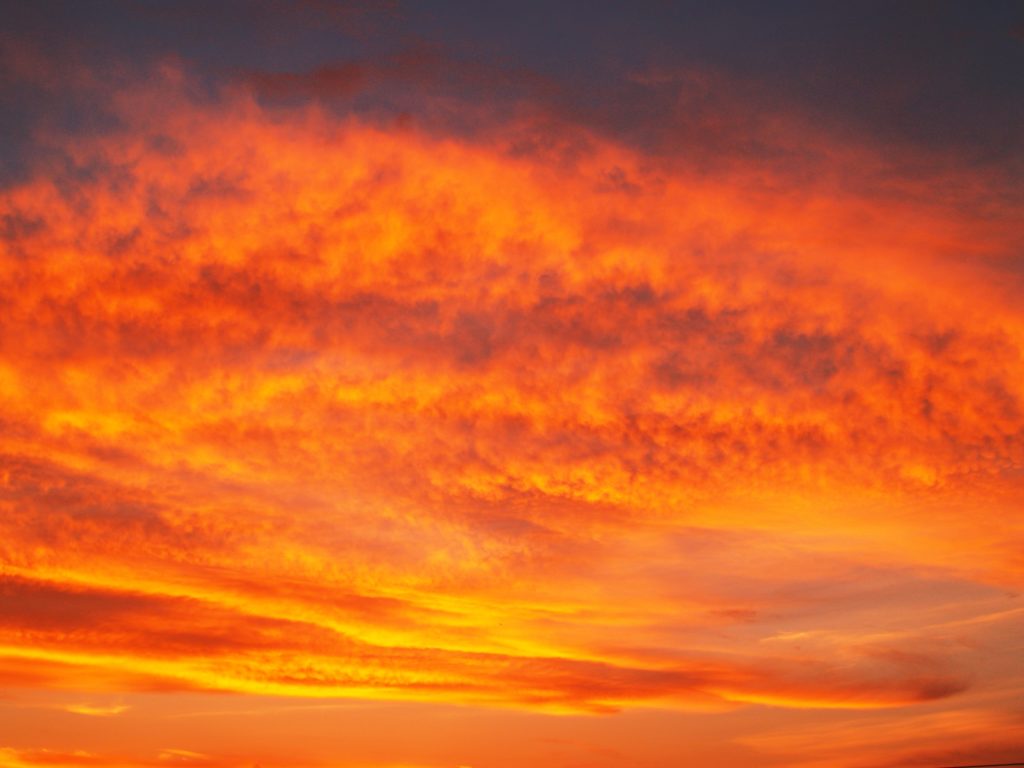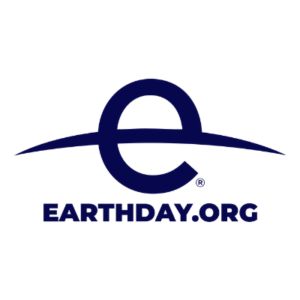Climate Action
This Week on Earth: Climate disasters in the time of coronavirus
May 22, 2020
Good morning, and welcome back to This Week on Earth. Each week, we highlight the latest environmental news and what it means for our planet.
We’re in what feels like the 5,437th day of the pandemic. All 50 states in the United States have lifted restrictions in some way. Air pollution rebounds in China after the country reopened. And several intense natural disasters remind us of the destructive forces of Earth.
Check out our week in review.
Super Cyclone Amphan hits India and Bangladesh
Super Cyclone Amphan is the strongest storm to form in the Bay of Bengal since 1999. As of Thursday afternoon, 84 people have been killed across India and Bangladesh.
Aggressive evacuation efforts seemed to spare lives, but now officials worry about the risk of COVID-19 with families crammed in shelters across the countries. This highlights a new dilemma: climate disasters in the time of coronavirus.
The cyclone comes the same week that a new study found that climate change makes hurricanes stronger.
Spring flooding in full swing
The dam breach in Michigan was a tragic reminder of the intense flooding in the Midwest. Flood waters are expected to reach five feet higher than what Midland, Michigan, saw in 1986 — their last major flood.
“In the 1986 flood, it was considered a 100-year flood,” Midland City Manager Brad Kaye told ABC News. “Current flood is predicted to be the equivalent of a 500-year flood.”
If it seems like these disasters are hitting the Midwest more often than ever before, it’s because they are. The flooding is also complicating social-distancing efforts, with over 10,000 residents displaced. Read more in the New York Times.
The end of the “human climate niche”
David Wallace-Wells, in typical David Wallace-Wells fashion, again reminds us of our “Uninhabitable Earth,” the title of his landmark essay and best-selling book. This week, he wrote about the end of the “human climate niche.”
The term comes from a study published last month that highlighted the surprisingly narrow range of temperatures that make human flourishing possible. Climate change is narrowing the gap, shrinking how much of the planet can support prosperous, comfortable life.
“We have been shown repeatedly, and yet do not learn, that we live within nature, subject to its laws and limits and brutality, and that many of the fortresslike features of modern life that we once assumed were unshakable and unmovable turn out to be very fragile and vulnerable indeed,” writes Wallace-Wells in New York Magazine.

Add cancer to the long list of climate change effects
Outdoor air pollution is already a proven cause of cancer, and air quality worsens with a warming climate. But scientists at the American Cancer Society and Harvard University are now adding cancer to the long list of climate change effects.
Hotter temperatures fuel more frequent natural disasters, like wildfires and hurricanes. These storms release large amounts of carcinogens into the air and can delay access to cancer treatments, which lowers cancer survival rates. Read more at CNBC.
Still freaking out about climate change? So is most of the U.S.
Isolation, unemployment, death. Amid everything the pandemic has brought, people still have climate change on the mind. That’s according to a new report from Yale and George Mason universities, which found that two-thirds of Americans are still worried about climate change.
“The latest figures add to a trend of increasing belief in global warming since 2015, which some have attributed to changing demographics and impossible-to-ignore consequences of climate change in everyday life — like record temperatures and record-shattering heat waves around the world,” writes Grist.
Bag bans on hold
States were finally banning single-use plastics. The pandemic changed that. Amid fears of the virus sticking to reusable bags and cups, states are shifting policies. New York postponed its plastic bag ban set to take effect on May 15. Maine, New Hampshire, Oregon and Massachusetts “temporarily transitioned” back to single-use plastics as well.
“I think [preventative actions are] the appropriate thing to do,” George Leonard, chief scientist at Ocean Conservancy, told Vox. “But we’re also really worried about whether this pushes us back 10 years in terms of the real progress that has been made to reduce plastic consumption and use.”
Read the full story in Vox.
3 billion more trees before 2030
Over the next decade, the European Union pledges to plant three billion trees as part of a larger commitment to protect nature on the continent. More than half of Europe’s forests have disappeared in the past 6,000 years.
“This is the first truly serious biodiversity strategy at a large scale that we’ve seen,” Brian O’Donnell, director of the nonprofit Campaign for Nature, said in an interview with Fast Company. “There’s a huge opportunity to do reforestation and to bring back some of the original function of the ecosystems there.”
Restoring forests and protecting biodiversity have never been more important — read our recent post on the benefit of urban trees. Visit our reforestation campaign, The Canopy Project, to donate — every dollar plants a tree.
Recreate responsibly
If you’re like us, you love a good National Park. While the pandemic has closed some parks, some remain open. But if you go to a National Park, or any park for that matter, remember to “recreate responsibly.”
To remind us of safe social distancing, the National Park Service rolled out some new posters: They’re retro, colorful and, best yet, informative. Stay safe, explore a virtual park and keep six feet — or the width of a moose’s antler — apart. Check out all the posters online.
